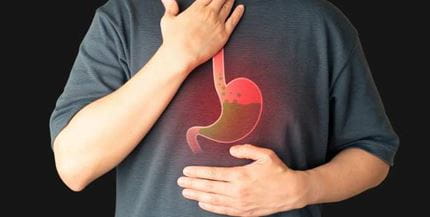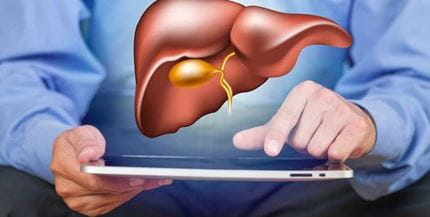Password Reset
Forgot your password? Enter the email address you used to create your account to initiate a password reset.
Forgot your password? Enter the email address you used to create your account to initiate a password reset.
Dr. David G. Binion presents cases of patients with various types of malnutrition and starvation symptoms. Dr. Binion also offers techniques on refeeding and how to avoid refeeding syndrome.
Educational objectives:
Upon completion of this activity, participants should be able to:
Reading Resources:
Disclosures:
Dr. Binion has financial interests with the following any entity or entities producing health care goods or services as indicated below:
All presenters disclosure of relevant financial relationships with any entity producing, marketing, re-selling, or distributing health care goods or services, used on, or consumed by, patients is listed above. No other planners, members of the planning committee, speakers, presenters, authors, content reviewers and/or anyone else in a position to control the content of this education activity have relevant financial relationships to disclose.
Accreditation Statement:
The University of Pittsburgh School of Medicine is accredited by the Accreditation Council for Continuing Medical Education (ACCME) to provide continuing medical education for physicians.
The University of Pittsburgh School of Medicine designates this enduring material for a maximum of 1 AMA PRA Category 1 Credits™. Each physician should only claim credit commensurate with the extent of their participation in the activity. Other health care professionals are awarded (0.1) continuing education units (CEU) which are equivalent to 1 contact hour.
For your credit transcript, please access our website 4 weeks post-completion at http://ccehs.upmc.edu and follow the link to the Credit Transcript page. If you do not provide the last 5 digits of your SSN on the next page you will not be able to access a CME credit transcript. Providing your SSN is voluntary.
Release Date: 11/8/2018 | Last Modified On: 4/18/2018 | Expires: 11/8/2019


